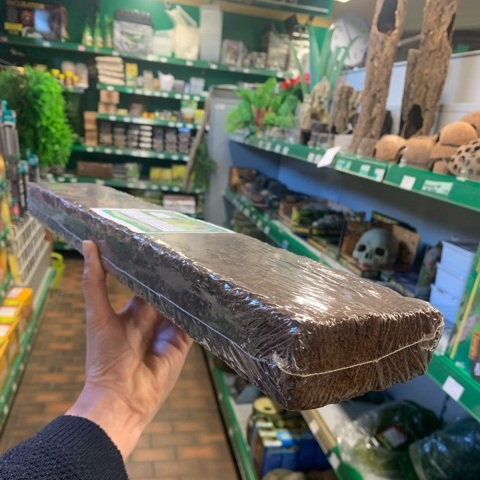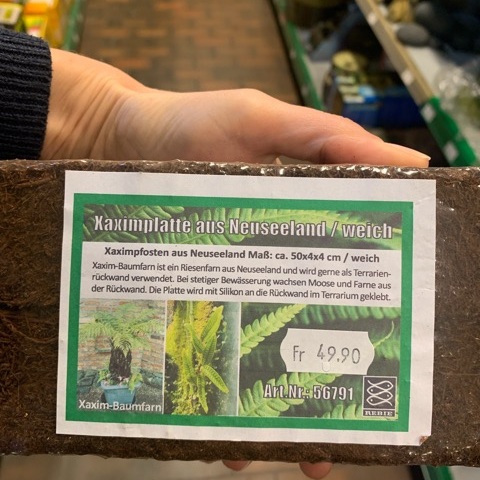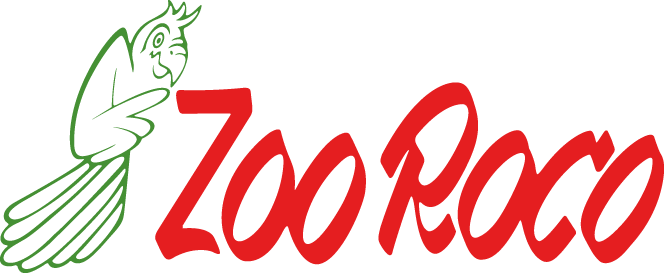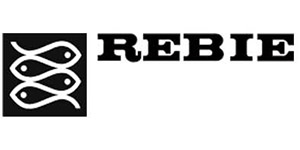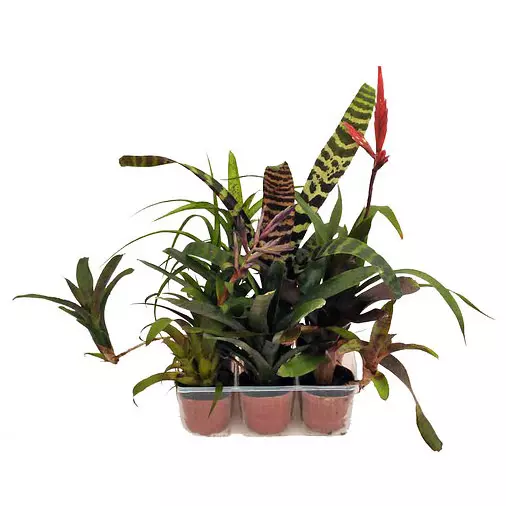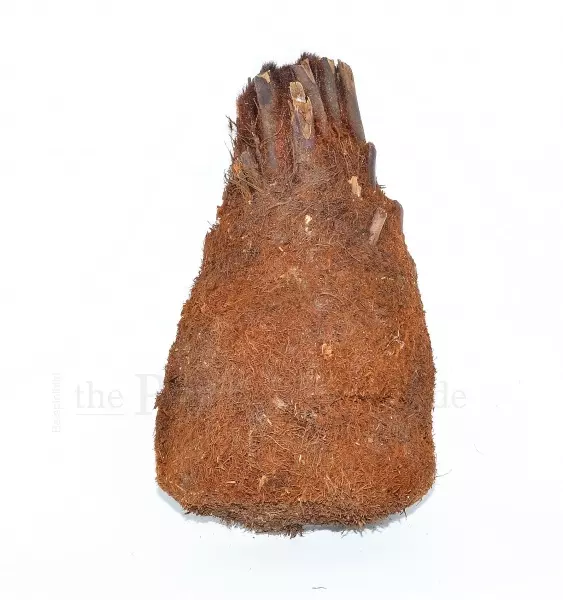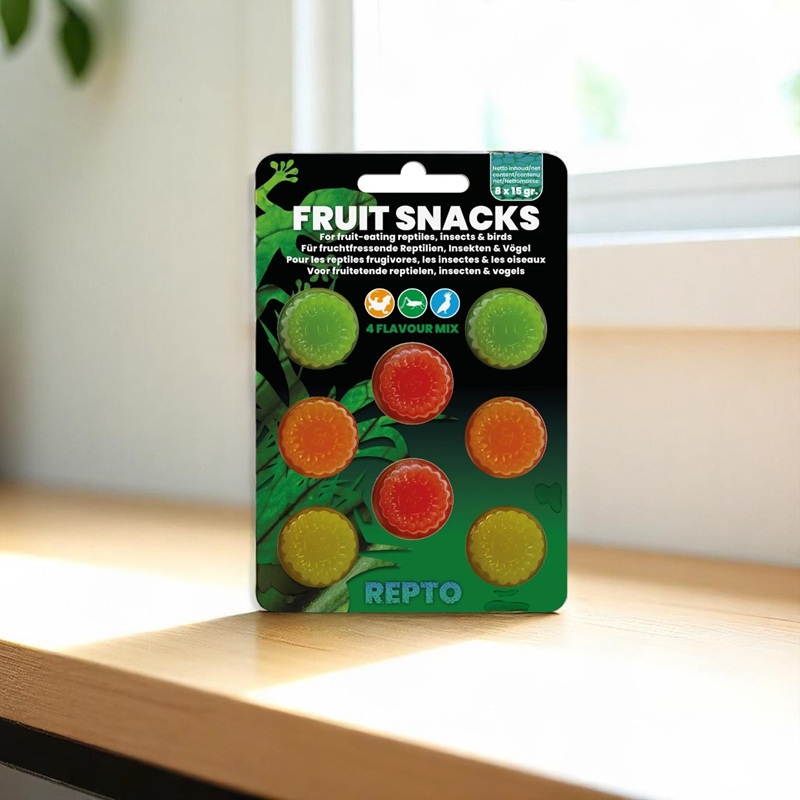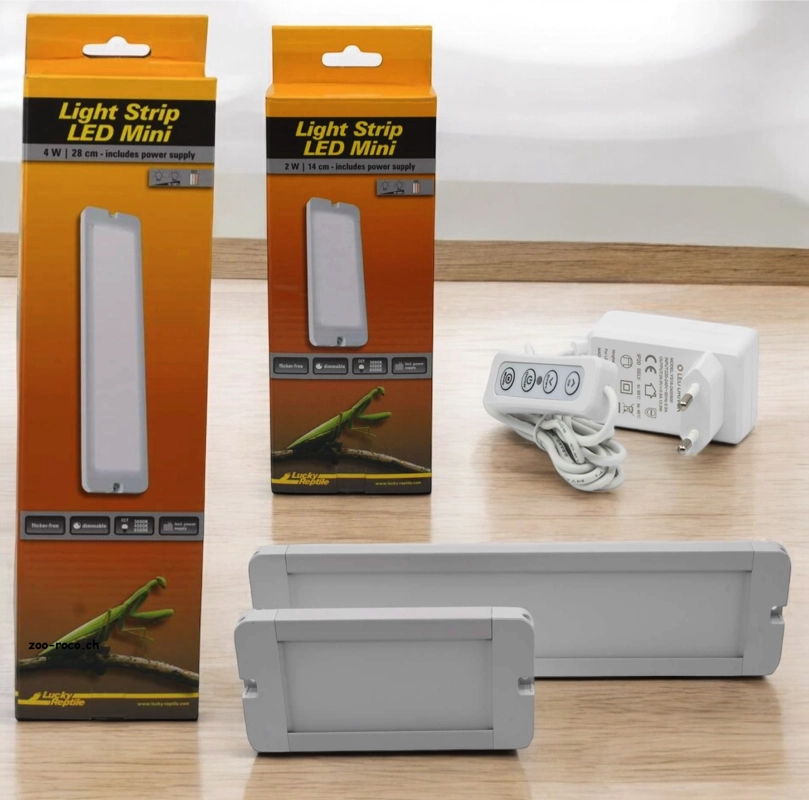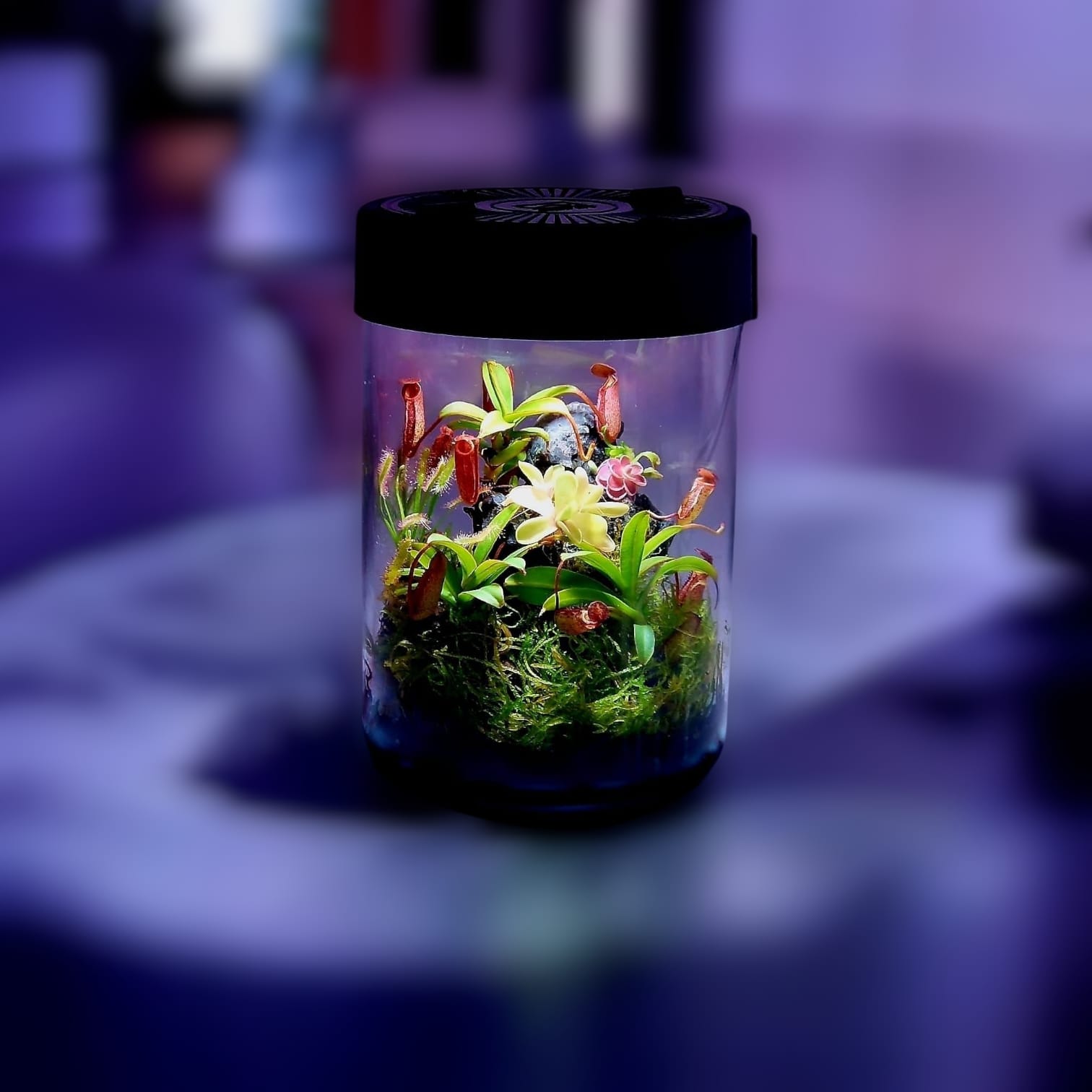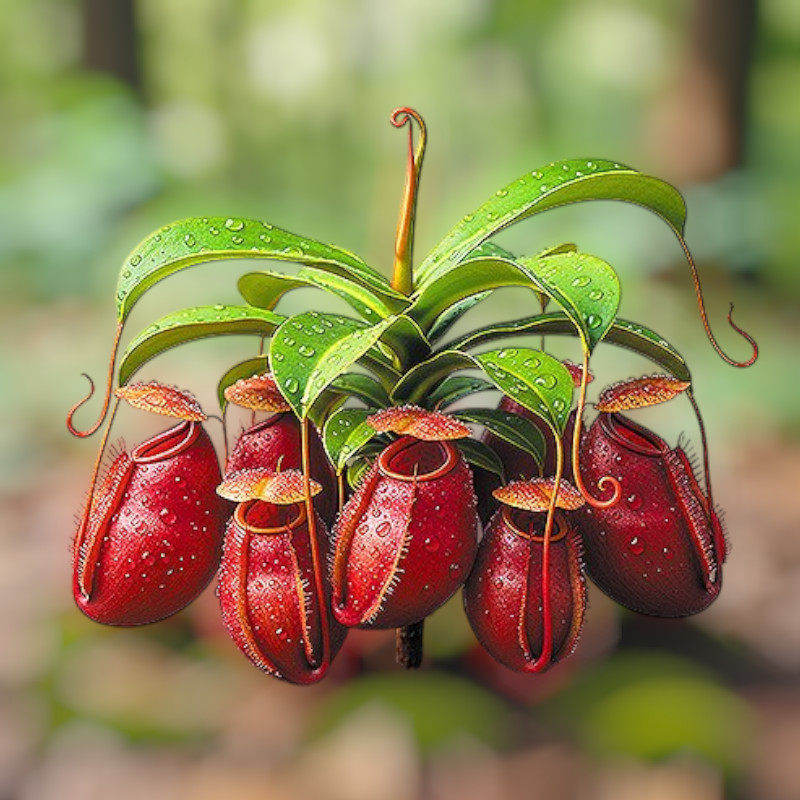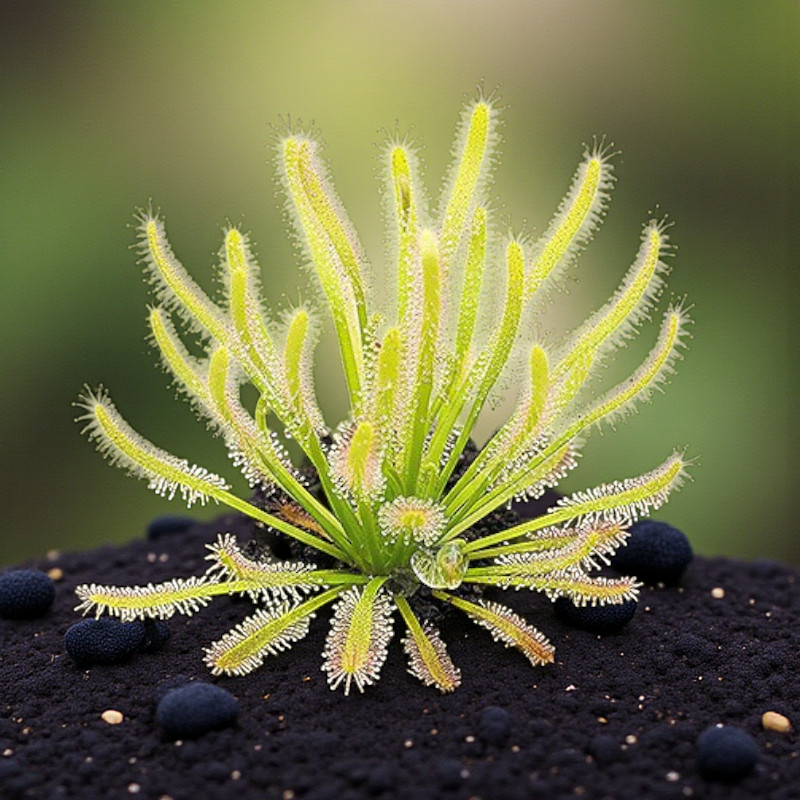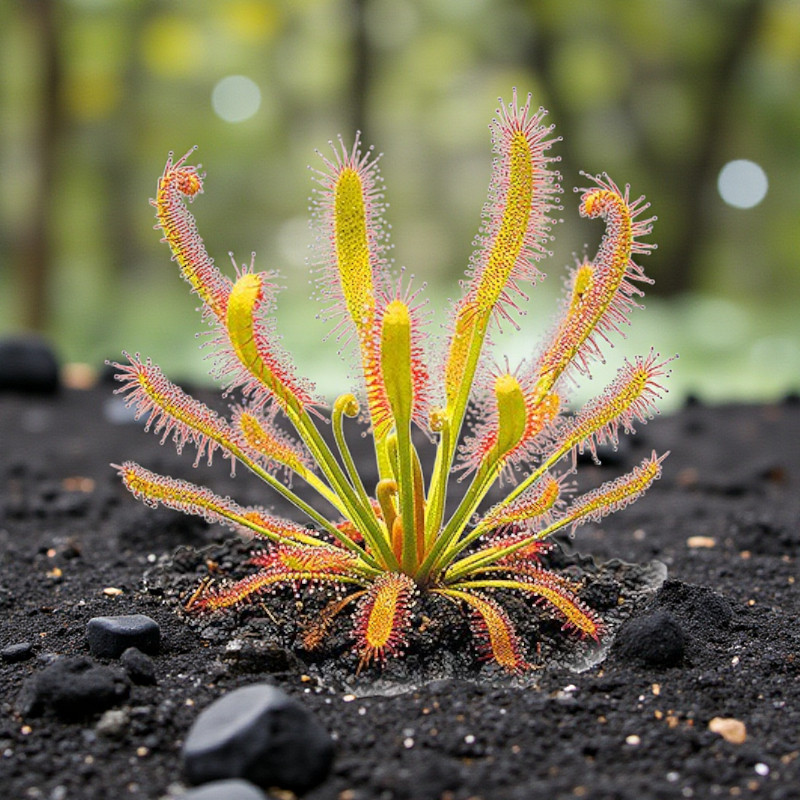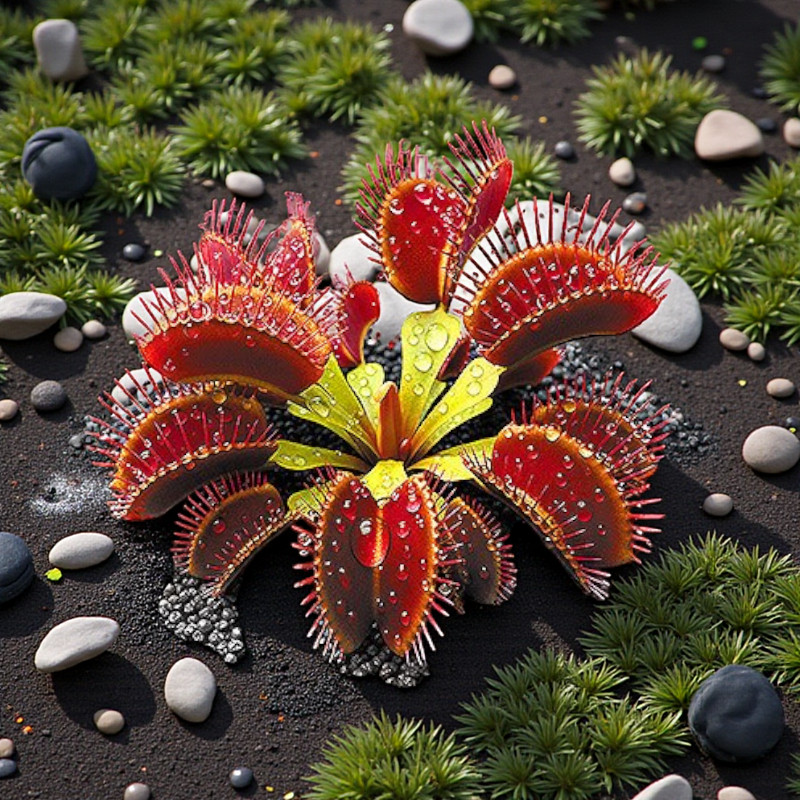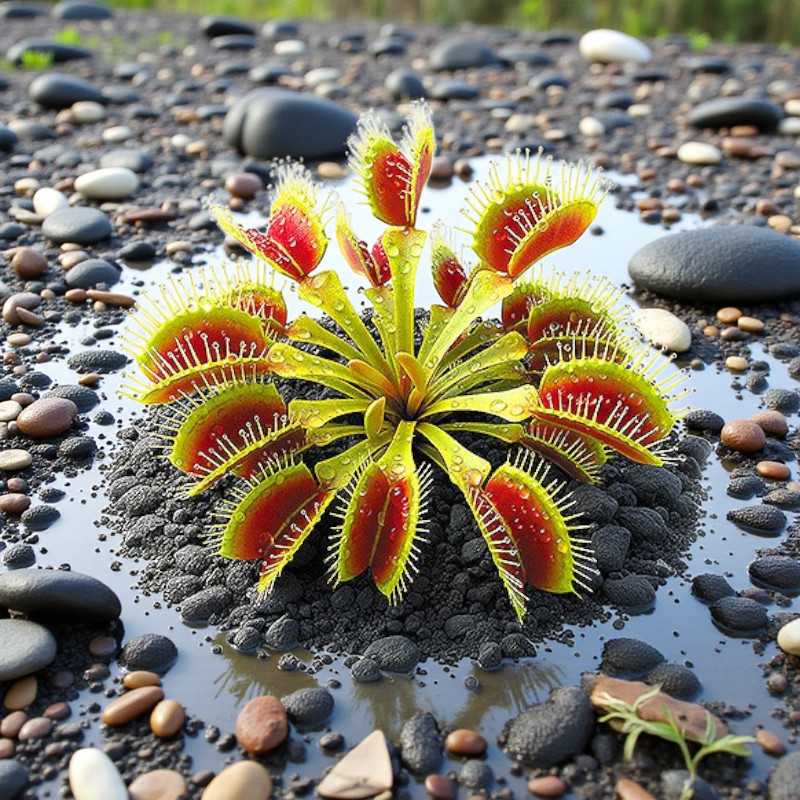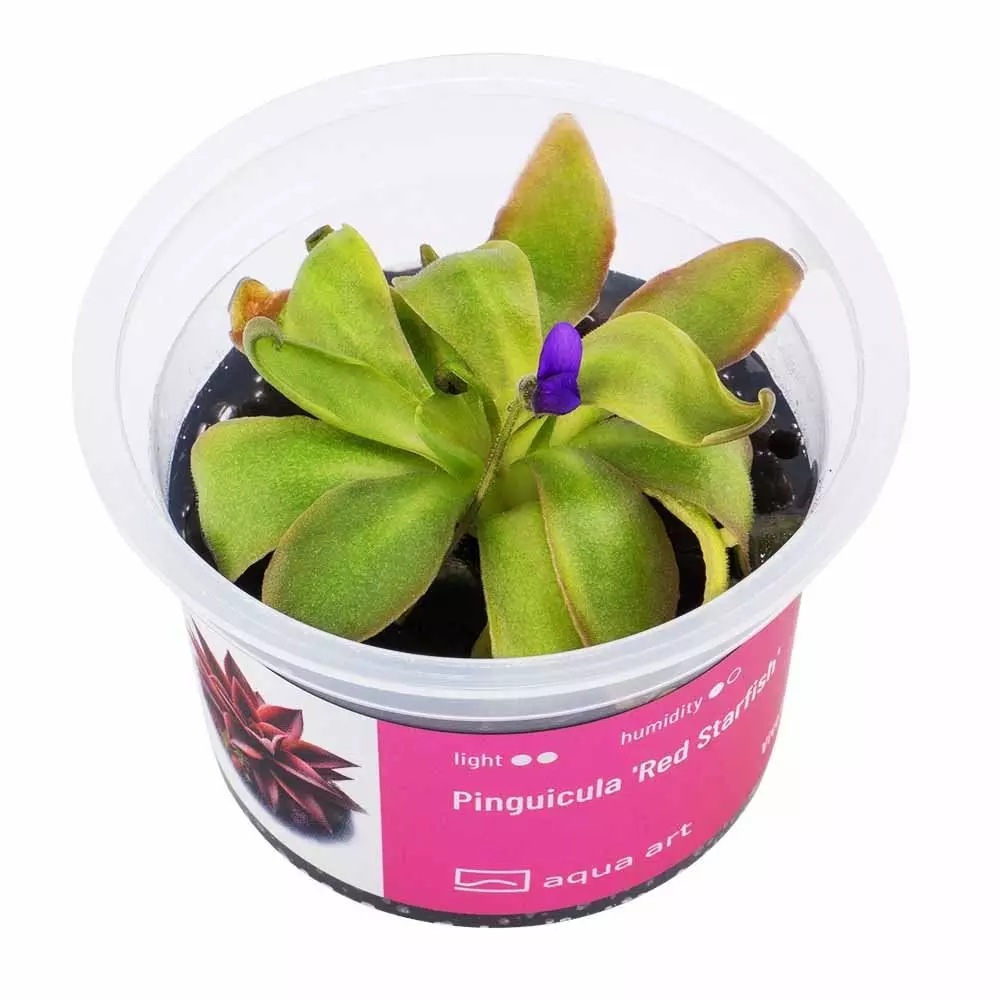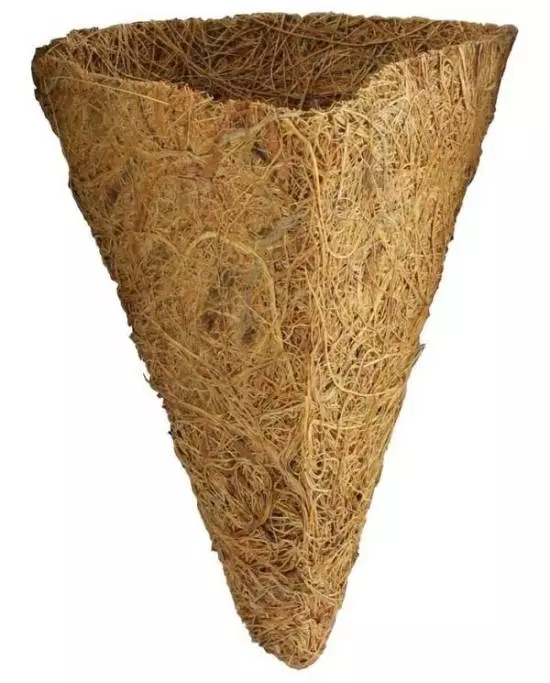Product information "Double pack of Xaxim posts"
🌿Double pack of Xaxim posts 50x4x4 cm
Soft plantation Xaxim from New Zealand for terrariums.
The Xaxim post 50x4x4 cm made from sustainable, soft plantation Xaxim from New Zealand is the ideal choice for natural terrarium designs. Xaxim, the giant fern from New Zealand, provides a perfect basis for the growth of mosses, ferns and other epiphytic plants - particularly popular for back walls in tropical terrariums.
Thanks to its soft structure, the post is particularly easy to work with and can be attached to back walls with terrarium silicone.
Regular watering soon results in a lively, green wall - a real eye-catcher in any tropical terrarium.
✅ Product details at a glance:
- Dimensions: 50 x 4 x 4 cm
- Material: Soft plantation Xaxim from sustainable plantations
- Application: Perfect as a terrarium back wall or side panel
- Biologically active: Promotes the growth of mosses & ferns in high humidity conditions
- Easy to install: Easy to attach to back walls with terrarium silicone
- Packaging: Dust-free & cleanly shrink-wrapped in a pack of 2
🌿Turn your terrarium into a living, tropical biotope with the Xaxim post 50x4x4 cm - natural, sustainable and visually unique.

